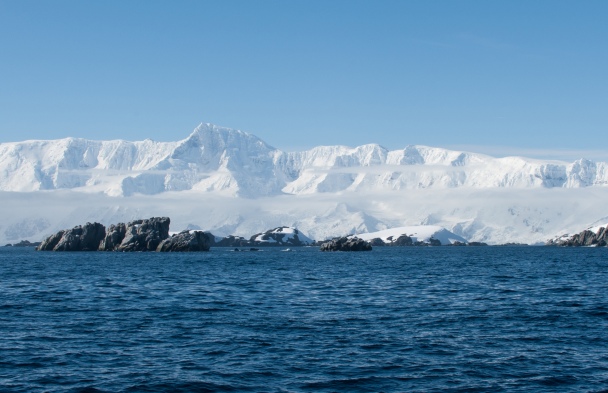Changing Antarctic waters may lead to abrupt rise in global sea level
 Melbourne, Oct 04 : A new study has revealed that Current changes in the ocean around Antarctica may set off steep 3-4 meter rise in global sea level.
Melbourne, Oct 04 : A new study has revealed that Current changes in the ocean around Antarctica may set off steep 3-4 meter rise in global sea level.
Current changes in the ocean around Antarctica are disturbingly close to conditions 14,000 years ago that new research shows may have led to the rapid melting of Antarctic ice and an abrupt 3-4 metre rise in global sea level.
The study found that in the past, when ocean temperatures around Antarctica became more layered - with a warm layer of water below a cold surface layer, ice sheets and glaciers melted much faster than when the cool and warm layers mixed more easily.
Prof Matthew England, ARC Centre of Excellence for Climate System Science, said that the reason for the layering could be the global warming in parts of Antarctica that might be causing land-based ice to melt, adding massive amounts of freshwater to the ocean surface.
At the same time as the surface has been cooling, the deeper ocean has been warming, which has already accelerated the decline of glaciers on Pine Island and Totten, it appears global warming would be replicating conditions that, in the past, triggered significant shifts in the stability of the Antarctic ice sheet, he further added.
The accelerating melting of land ice into the sea makes the surface of the ocean around Antarctica colder, less salty and more easily frozen, leading to extensive sea ice in some areas. It is one of the reasons ascribed to the increasing trend in sea ice around Antarctica.
Dr Nick Golledge, a senior research fellow at Victoria's Antarctic Research Centre, said that with 10 per cent of the world's population, or 700 million people, living less than 10 metres above present sea level, an additional three metres of sea level rise from the Antarctic alone would have a profound impact oneverybody.
The re search is published in Nature Communications. (ANI)